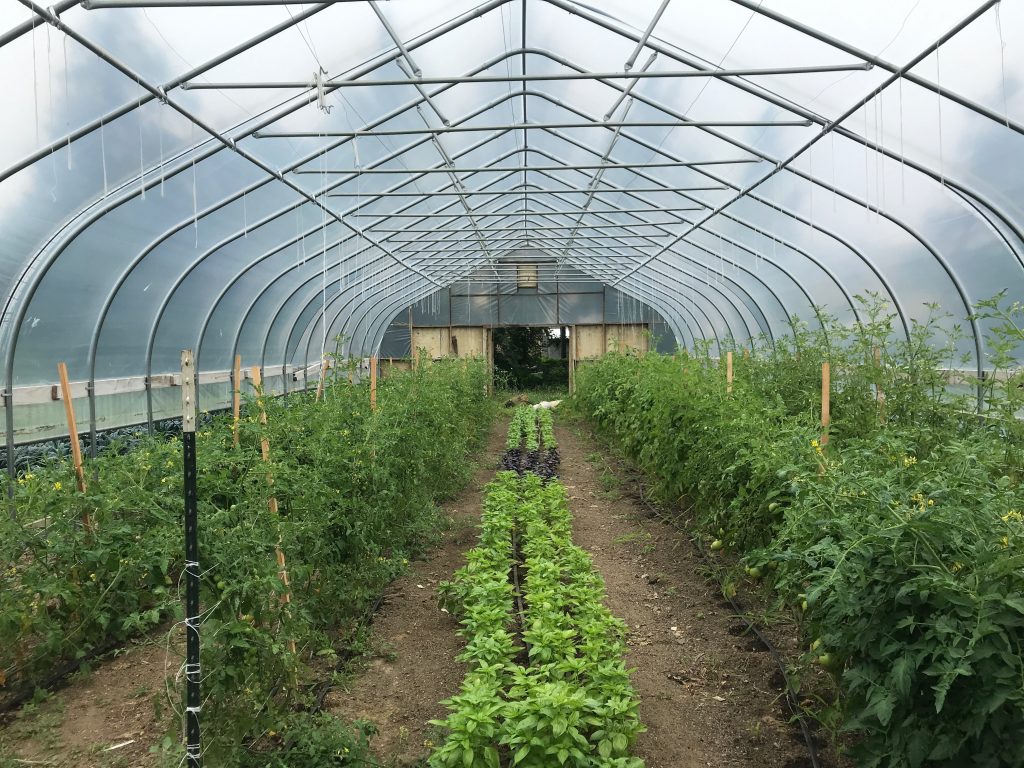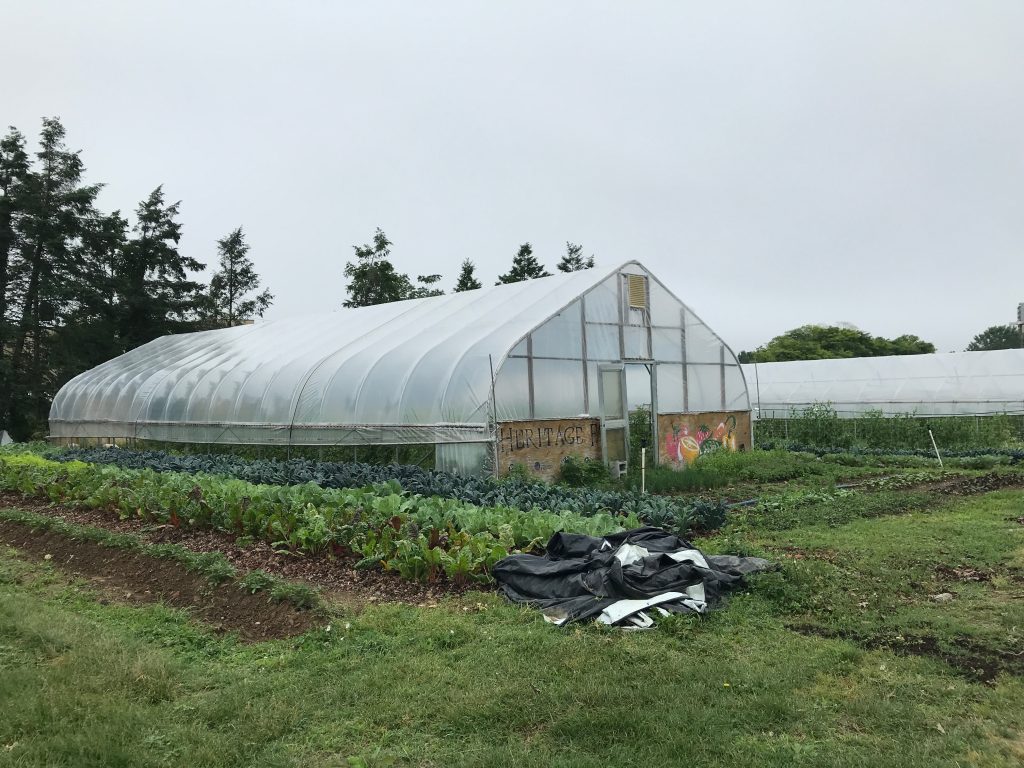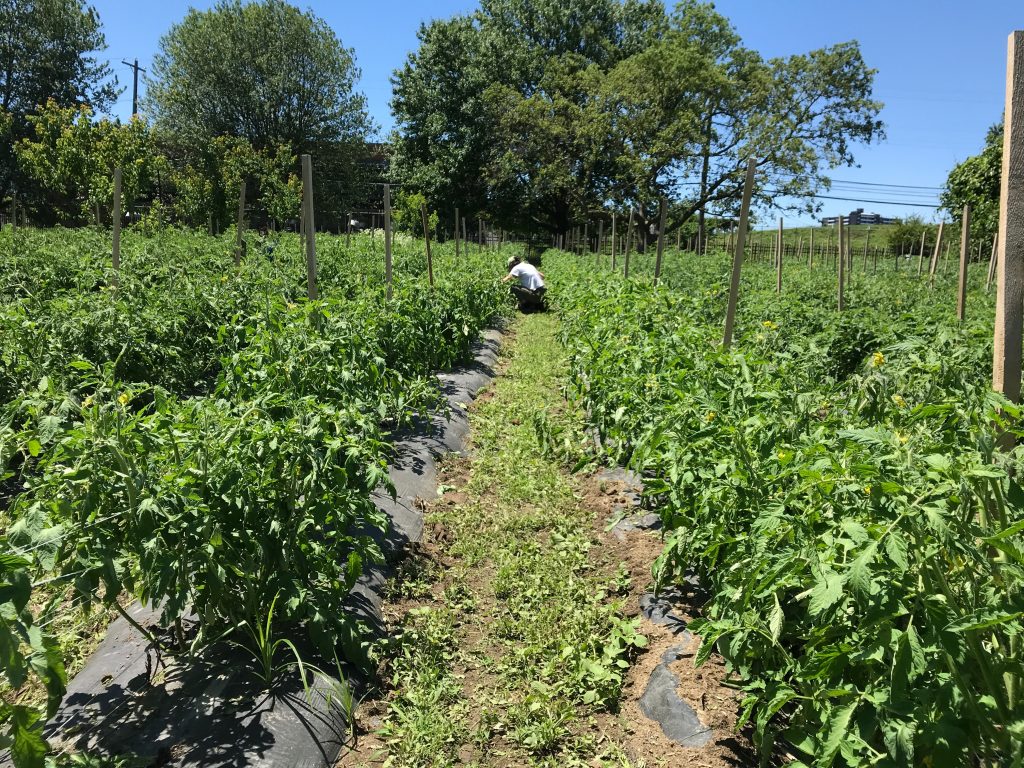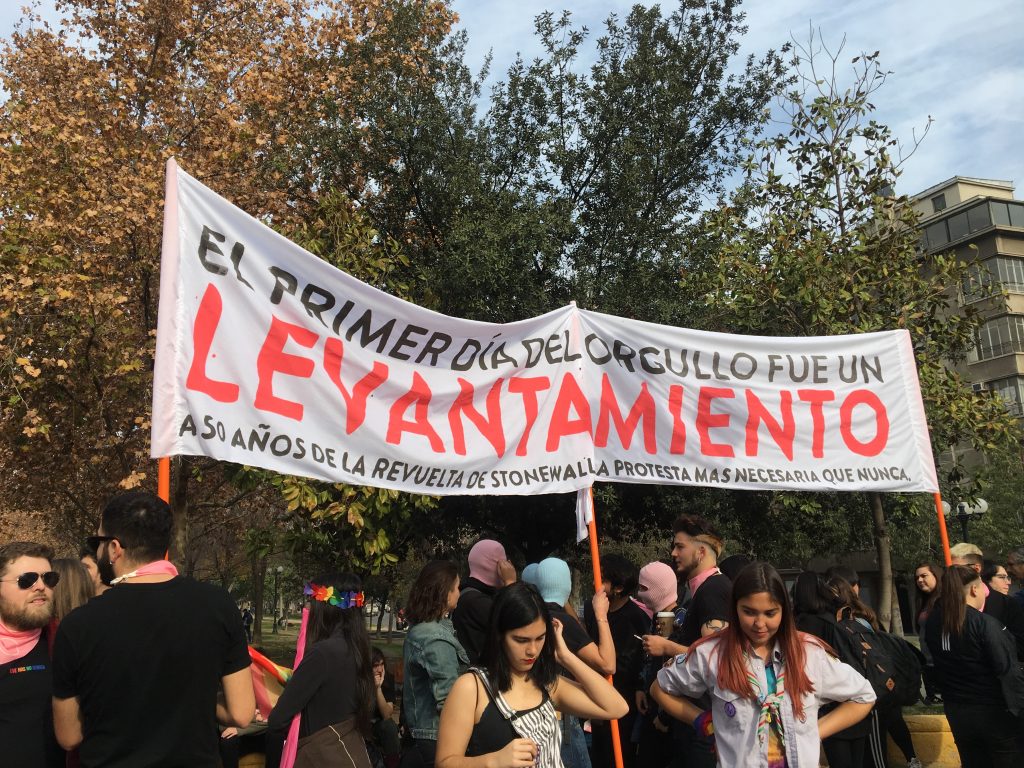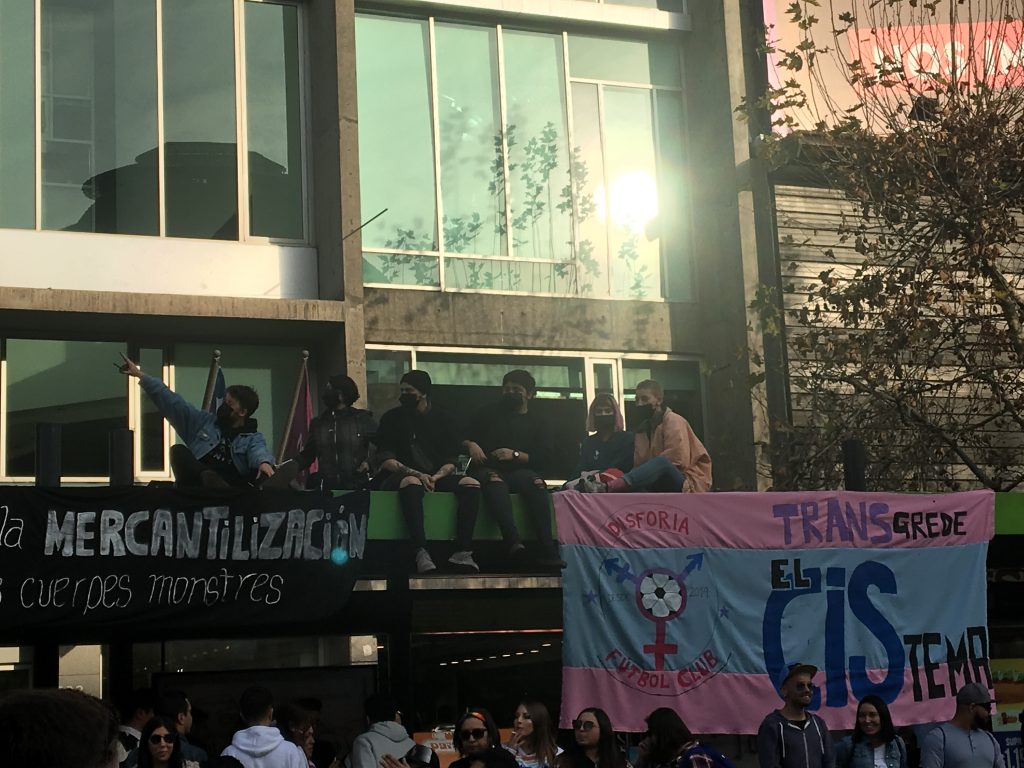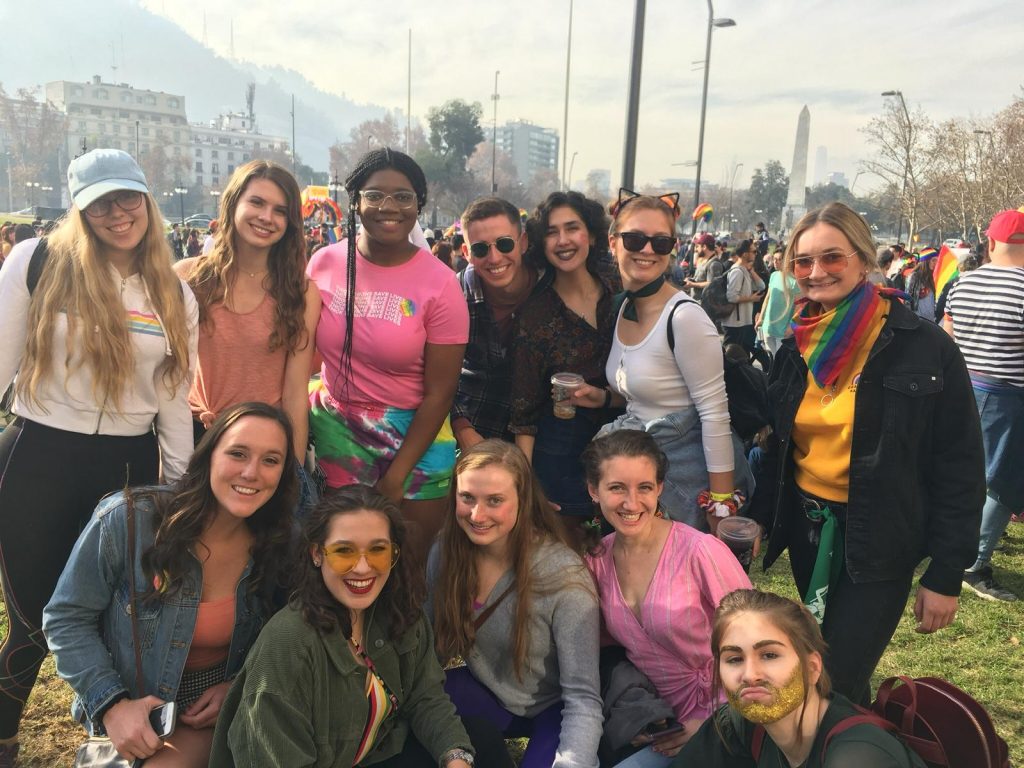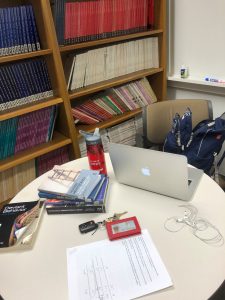Name: Halena Martin
Class Year: 2020
Major: Political Science and Sociology
Hometown: Eatontown, N.J.
Internship Organization: Innocence Project
Job Title: Intake Intern
Location: New York City
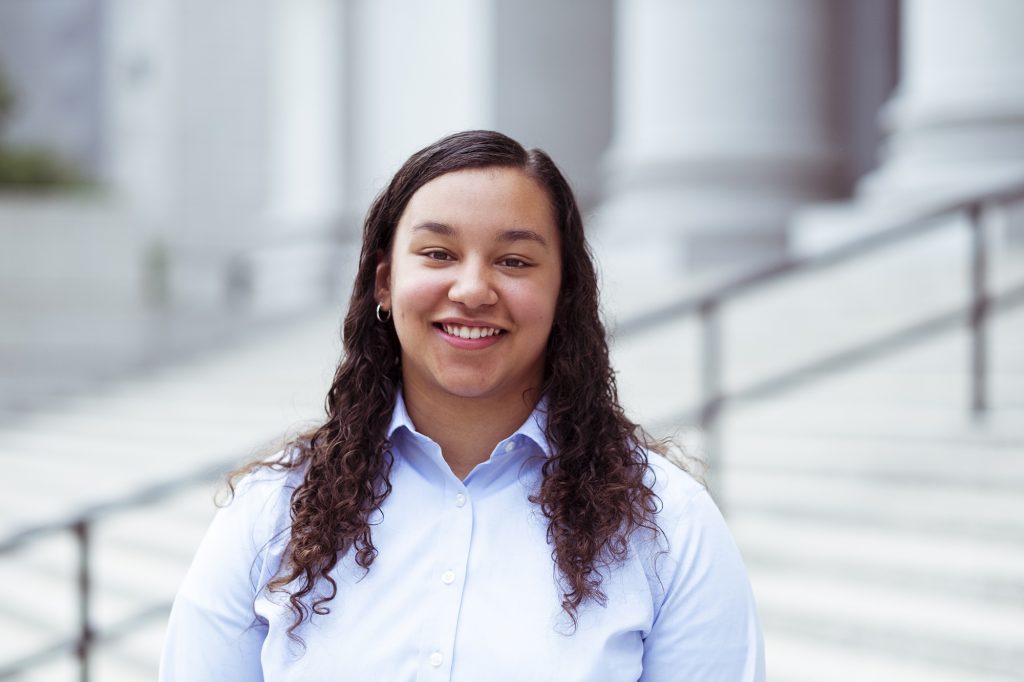
What’s happening at your internship?
This summer I had the privilege of interning for the Innocence Project as a Liman Fellow. The Innocence Project is a national litigation and public policy organization dedicated to exonerating wrongfully convicted individuals through DNA testing and reforming the criminal justice system to prevent future injustice. I am interning with the Intake Department which is tasked with weeding through the enormous number of requests for assistance that the Innocence Project receives (approximately 2,400 new requests per year). At any given time, the Innocence Project is evaluating between 6,000 and 8,000 potential cases.
As an intake intern, I assist with the identification and evaluation of cases for possible representation. My main responsibility is producing memoranda which include a summary of the facts, possible avenues for DNA testing to prove innocence, and my recommendation on whether the case should move forward to the legal department. The other intake interns and I report to the case analysts who review our work in biweekly meetings.
Interning at the Innocence Project has been an incredibly formative experience. It has exposed me to the early stages of post-conviction legal work, has deepened my understanding of the faults in our criminal justice system, and has helped me develop my reading, writing, and analytical skills.
Why did you apply for this internship?
In one of my classes last semester, my professor posed the question of whether the implicit risk of executing an innocent person makes the death penalty inherently immoral. This question really drew my attention to issues surrounding wrongful conviction. So, I knew when the Innocence Project came up in my internship search, it was the organization I wanted to intern with.
What is most rewarding about your internship?
There are numerous rewarding aspects of my internship. The most rewarding is the ability to do meaningful work. Not only am I able to be a part of an impactful organization, but I am given the opportunity to work hands-on with actual cases.
What has been the biggest challenge you have faced at your internship?
My biggest challenge has been the emotional work of reading through case documents. I read both the testimonies of people who have been the victims of heinous crimes and the letters from defendants who see the Innocence Project as their last hope. It has prepared me well for the areas of law I may go into in the future. It has also made me more appreciative of the downtime I got to spend with friends, family, and (especially) my puppy this summer!

